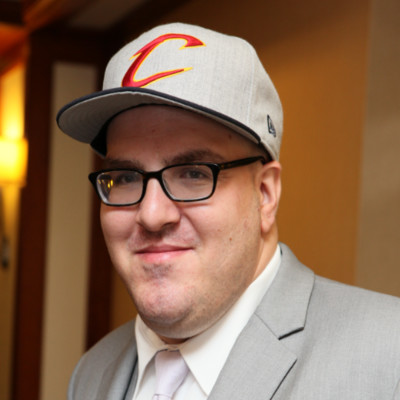
Teacher Gigs
Professional Development in American Government and History
By Patrick Sprinkle
As a new teacher over a decade ago, I was pleasantly surprise by the number and quality professional development experiences available for teachers of government and American history. Since then, I have participated in a few programs that I recommend. These experiences offered an emphasis not only on content, but also on pedagogy, with a vast and diverse set of learning opportunities and challenges. Most importantly, these experiences provided me with wonderful resources and a powerful and compelling network to help advance my career. Let’s discuss a few of these opportunities and how a Government teacher may apply to these programs and enrich their summer. I have also hyperlinked to each program’s main page, where you can find program dates, application deadlines and procedures.
C-SPAN Teacher Fellowship Program – This fellowship, currently offered remotely, awards five teachers each year the opportunity to work with the vast C-SPAN archive to create lessons that will be placed on the C-SPAN website. Teachers are compensated for their time and effort, but what resonated with me most about this experience in the Summer of 2021 is the intellectual freedom to create lessons and activities that I know will benefit students. Whether it was crafting lessons on the current docket at the Supreme Court, the line-item veto, or gender and politics, I knew C-SPAN would have the archival footage to allow me to create rich learning moments for the young people I serve. Teachers have a great deal of intellectual freedom and design ownership in what they create and they can take their work in any direction they like as long as it incorporates the rich and expansive C-SPAN archives.
Supreme Court Summer Institute for Teachers – This institute, a combined creation by Street Law and the Supreme Court Historical Society, offers one of the most outstanding professional development experiences I have ever encountered in my career. Rather than simply discussing case law, teachers are taught about how to teach the Court. Whether it is activities on naming a Justice, how certiorari is granted, or the role of precedent, the type of learning activities was exemplary. In addition, the practice of participating in and learning about leading a moot court was transformational for my own instruction on the American judicial system.
George Washington Teacher Institute – At first glance this may seem more aligned to the teaching of American History, but I was thoroughly impressed by the ways in which teams of teachers considered the Washington presidency, by how they thoughtfully examined the critical period, and by how they looked at the norms of the early Constitutional republic designed and administered through the lens of President Washington. While lecture was the primacy vehicle of instruction, I was thoroughly impressed by the ways in which simulations were incorporated. For example, the “Be Washington” exercise on the Whiskey Rebellion offered a new way to think about teaching American history. When offered in person, the opportunity to explore Mount Vernon is a priceless treasure that any teacher will devour.
Advanced Placement Grading – While not always thought of as a professional development opportunity, this is an excellent opportunity if AP exams are part of your learning community. This program offers not only the ability to see how and what other students across the United States are writing, but also the opportunity to learn from and grow alongside veteran AP teachers. This is especially true for teachers who may be the only AP Gov’t or APUSH teacher in their school. Teachers are not only awarded professional development hours, but the great network of AP teachers is indispensable in designing and redesigning lessons, activities and assessments.
National Constitution Center – Throughout the school year and the summer there are countless professional opportunities for teachers to consider through the National Constitution Center. What resonates with me most about these opportunities is the ability to bring constitutional experts into the classroom with our students throughout the school year to assist the discuss of the 2nd Amendment, the Electoral College, or ongoing court cases. Their interactive Constitution is a resource that can be the keystone for any class with an emphasis on the teaching of American government and civics. While greater emphasis is placed on content at the expense of pedagogy, there is so much to be learned, and bits and pieces can richly be incorporated into coursework for students.
This list is not all-inclusive! There are so many opportunities out there for teachers ranging from the National Endowment of the Humanities, Gilder Lehrman, The American Revolution Institute, and the White House Historical Society. Ultimately, these opportunities serve as nourishment and reinvigorated me as an educator each and every Fall.
Pat Sprinkle is a 13-year History Teacher at the NYC Lab School for Collaborative Studies in New York City. Patrick lives in Jersey City with his wife Melissa, son Franklin, and dog Lyndon Baines.
